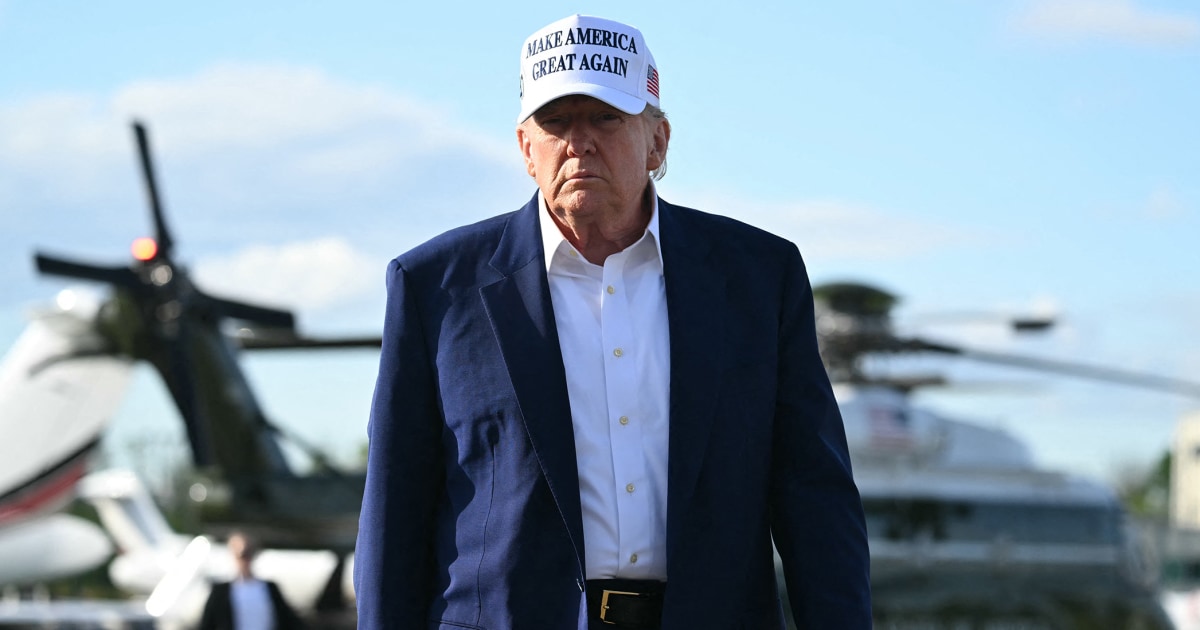Trump Postpones E.U. Tariffs: Implications for Trade Relations
In an unexpected turn of events, President Donald Trump has announced a delay in the implementation of a hefty 50% tariff on European goods, now set to take effect on July 9. This move raises significant questions about the future of U.S.-E.U. trade relations and its ripple effects on global markets.
The Context of Tariff Implementation
The proposed tariffs were initially part of a broader strategy aimed at addressing perceived trade imbalances and protecting domestic industries. However, the decision to postpone them suggests a shift in strategy, perhaps influenced by ongoing negotiations and market pressures. According to sources within the administration, the delay allows for more time to assess the situation and engage with European leaders.
Reasons Behind the Delay
The postponement of the tariffs can be attributed to several key factors:
- Economic Pressures: As the global economy faces uncertainties, particularly with inflationary pressures and supply chain challenges, imposing such high tariffs could exacerbate the situation.
- Political Considerations: With upcoming elections and the need to maintain favorable relations with allies, the administration may be seeking to avoid potential backlash from both domestic and international fronts.
- Negotiation Leverage: The delay may serve as a strategic move to strengthen the U.S. position in ongoing trade discussions with the E.U., potentially leading to more favorable terms.
Potential Impacts on U.S.-E.U. Relations
The deferment of these tariffs could have several implications for U.S.-E.U. relations:
- Increased Cooperation: This may pave the way for more collaborative efforts between the U.S. and E.U., focusing on mutual economic interests and addressing trade imbalances through dialogue rather than punitive measures.
- Market Stability: By postponing tariffs, markets may experience a temporary sense of stability, as businesses can plan ahead without the immediate threat of increased costs on European imports.
- Potential for Future Conflicts: While this postponement may ease tensions for now, it does not eliminate the underlying issues that prompted the tariffs. Future negotiations may still lead to contentious debates.
Global Market Reactions
The announcement has already begun to influence global markets. Stock prices in both the U.S. and Europe showed initial signs of recovery following the news, indicating that investors are cautiously optimistic about the potential for a more amicable trade environment. Analysts suggest that this delay could result in:
- Short-term Gains: Companies reliant on European goods may see a temporary boost in profits as they avoid the immediate impacts of tariffs.
- Long-term Strategies: Businesses may start to reassess their supply chains and trade strategies, considering the evolving landscape of U.S.-E.U. relations.
Expert Opinions
Economic experts and trade analysts have weighed in on the implications of this delay. Dr. Emily Turner, a trade economist at the Brookings Institution, noted, “This decision reflects a need for strategic recalibration in U.S. trade policy. It is essential to balance domestic interests with the realities of a global economy.”Similarly, John McCarthy, a former trade representative, emphasized the importance of dialogue, stating, “If the U.S. aims to foster long-term relationships with its allies, avoiding tariffs is a step in the right direction. However, it requires sustained engagement beyond mere postponements.”
Looking Ahead: What’s Next?
As the new implementation date approaches, all eyes will be on the U.S. administration and its interactions with European leaders. The potential for further negotiations remains high, and stakeholders from various sectors will be closely monitoring developments. Key questions that arise include:
- Will the U.S. and E.U. reach a compromise that addresses trade imbalances without resorting to tariffs?
- How will businesses adapt their strategies in light of this uncertainty?
- Could this delay alter the dynamics of future trade discussions beyond July 9?
Conclusion: A Path Forward
The postponement of the 50% tariffs marks a pivotal moment in U.S.-E.U. trade relations. While it presents opportunities for dialogue and collaboration, it also underscores the complexities of international trade. As the July deadline approaches, stakeholders must remain vigilant and adaptable to navigate the shifting landscape of global commerce.
Ultimately, the actions taken in the coming months will significantly shape the future of trade relations between the U.S. and E.U. For consumers, businesses, and policymakers alike, the stakes are high. Stay informed and engaged as these developments unfold.
Call to Action: To stay updated on the latest developments in international trade and economic policy, subscribe to our newsletter and join the conversation.
See more Business Focus Insider Team

